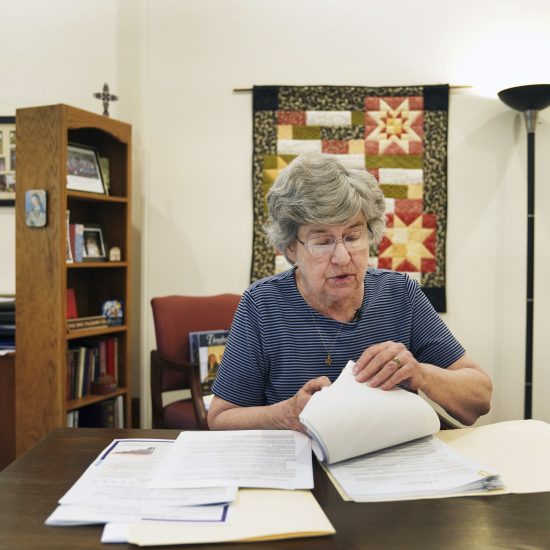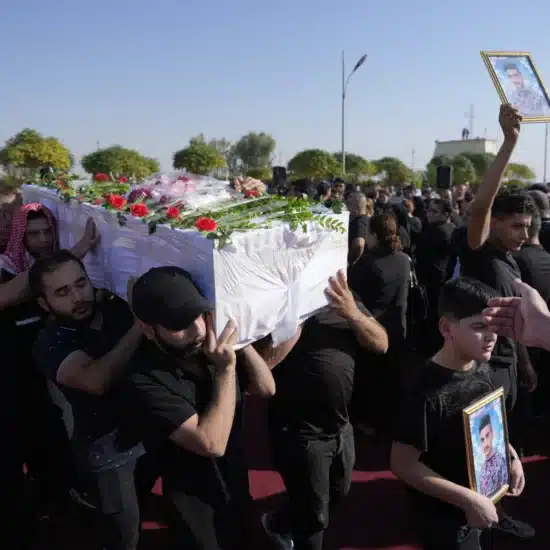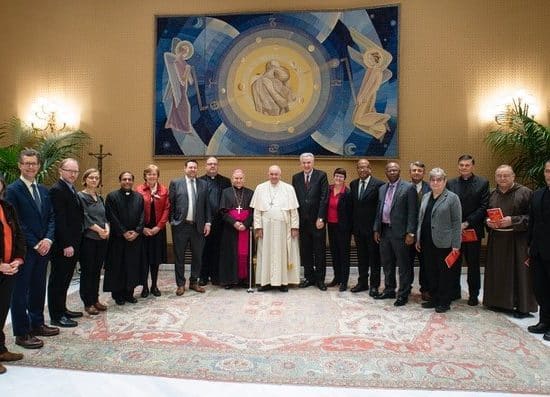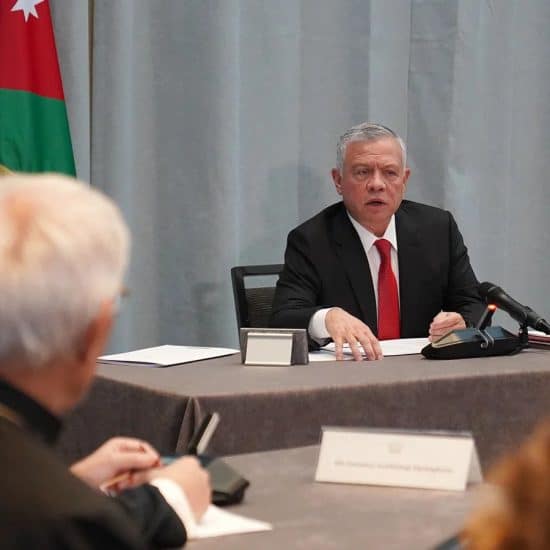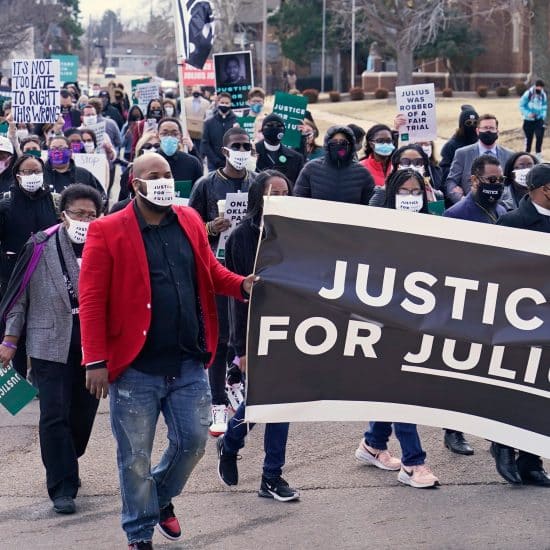PINE MOUNTAIN, Ga. (ABP) – Chief executives of more than 20 organizations affiliated with the Cooperative Baptist Fellowship joined CBF national and state leaders and other invitees April 27-29 at a retreat center in southwest Georgia to imagine a future for the 19-year-old network of Baptist churches and individuals.
The retreat was convened by Daniel Vestal, CBF’s executive coordinator, and Babs Baugh, president of the Eula Mae and John Baugh Foundation. The San Antonio-based foundation, a generous supporter of moderate Baptist institutions and causes, financed the gathering of more than 80 persons at Callaway Gardens.
“As John Baugh [the late Houston business executive, prominent Baptist philanthropist and father of Babs Baugh] liked to say, ‘If you get good people together, good things will happen,’” said Vestal during the opening session. “This is an occasion for some good people to get together for conversation and to create a space where the Sprit might speak to us as we look to the next 20 years.” The retreat, he added, was purposefully open-ended, with “no hidden agenda, no secret plan, no program hammered out behind closed doors” in advance of the gathering.
Baugh echoed that sentiment. “We are praying that the Lord will use this time to give us some fresh ideas that will lead us in the right direction,” she said.
Participants heard more than a dozen eight-minute presentations and gathered in small groups to tell stories, celebrate achievements and share ideas. Although the retreat was not designed to produce action plans or recommendations, dialogue coalesced around several themes. Among them:
A desire to move to deeper and more creative levels of collaboration among CBF’s loose coalition of partner organizations and related ministries.
"In order for us to fulfill the grand dream of the Fellowship movement, we must, as a partnering network of autonomous-but-interdependent Baptist bodies, become a trusting and learning community that moves from mere cooperation to authentic missional collaboration,” declared Larry Hovis, coordinator of CBF of North Carolina, in one of three final-session presentations dealing with ways to move “from dreams to actions.”
A mandate to refocus and streamline CBF’s structure in order to provide leadership and resources to help churches and other organizations respond more effectively to global challenges during what Baptist historian and presenter Bill Leonard called an age of “permanent transition” for American religion.
Connie McNiell, CBF’s coordinator of administration, called for a creative, new model of community with organizational structures that encourage collaboration rather than competition for resources. Since competition is built into the current system, “we have not been to relate in ways that are not competitive,” she said. “We must find ways to authentically work collaboratively with some gain and some sacrifice on the part of each of us.”
A need for CBF-related churches and organizations to embrace their identity as a freedom-loving, grassroots expression of core convictions about historic Baptist principles and an inclusive spirit that welcomes all who want to collaborate for the sake of the gospel.
“Sing the song,” urged Colleen Burroughs, president and co-founder of the CBF-supported youth-camping group Passport, Inc. “Sing it loud and proud wherever we go. Give witness to being cooperative Baptists.” The Fellowship movement, she added, will move beyond words to actions as churches and individuals live in close relationship to Christ who “teaches us the unforced rhythms of grace.”
Celebration of the movement’s achievements in less than two decades, including cooperative mission endeavors across the globe; a place of leadership in the larger, worldwide Baptist family; advocacy for women in ministry; and preparation of ministers through new seminaries and theology schools, while also recognizing the need for more progress in including young people and persons of color in places of leadership.
“The last 20 years represent a bridge time between old forms of the church that are disappearing and new forms in process of development,” observed Leonard. “As an organization, CBF has done reasonably well, given that it is caught in between ecclesial paradigms.”
A renewed focus on serving local congregations as the heart of the Fellowship movement and its organizational structure. A number of participants also called for an emphasis on starting churches.
CBF moderator Hal Bass, a professor at Ouachita Baptist University in Arkdadelphia, Ark., praised the “complementary panorama” of CBF-related entities represented at the gathering. “Our deliberations featured both celebration and candor,” he said. “We took pride in our accomplishments and critically evaluated our shortcomings.”
Vestal characterized the dialogue as “hopeful and encouraging.” He said a report will be made to CBF’s Coordinating Council in June and that the conversations also will inform plans for CBF’s 2011 General Assembly, at which the organization will celebrate its 20th anniversary. Baugh will chair the steering committee for the meeting, set for Tampa, Fla.
-30-
David Wilkinson is executive director of Associated Baptist Press. ABP is among the organizations that receives financial support from the Cooperative Baptist Fellowship.

